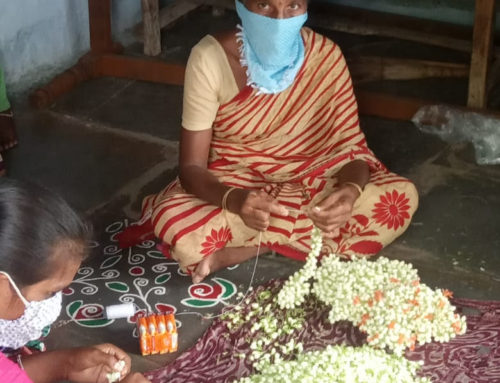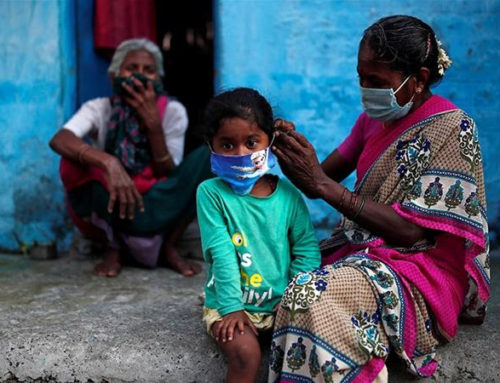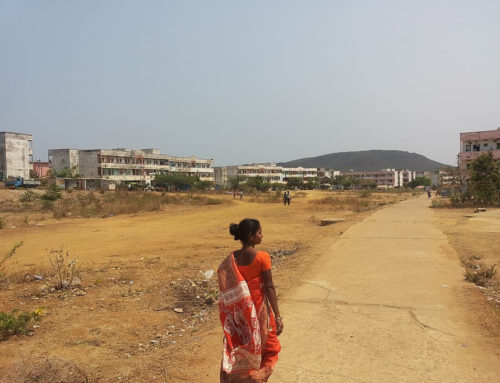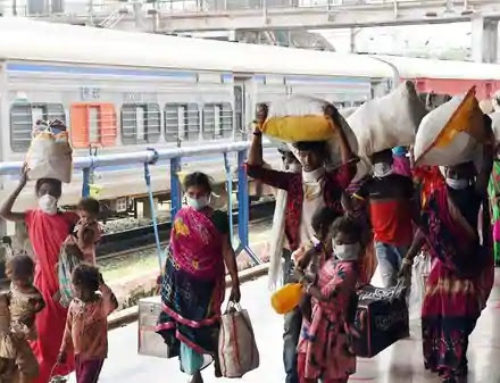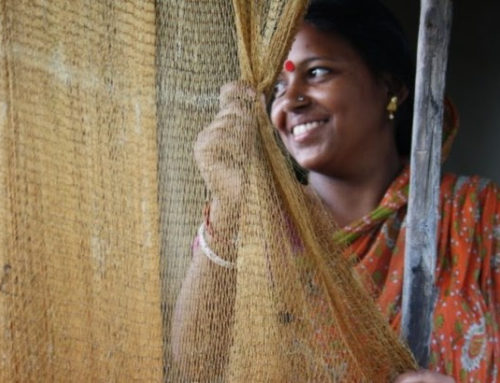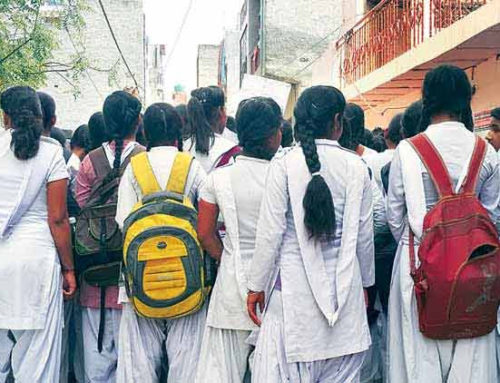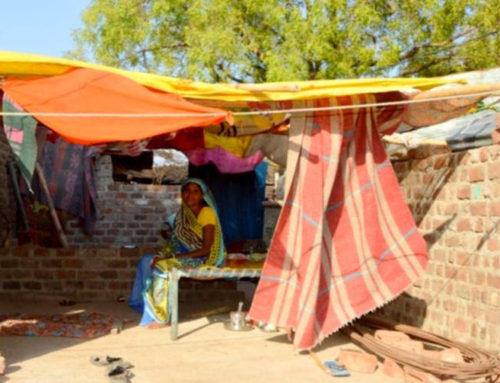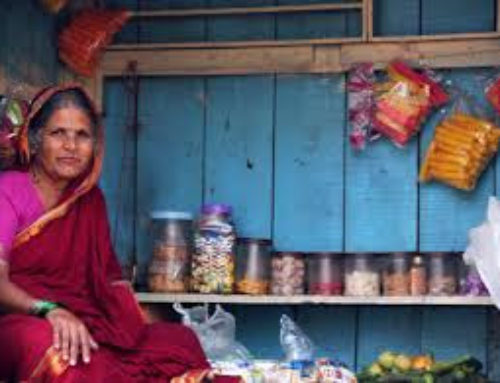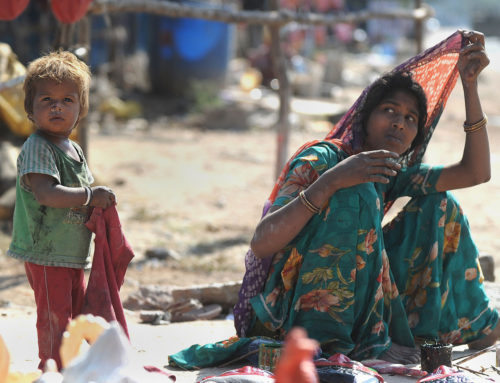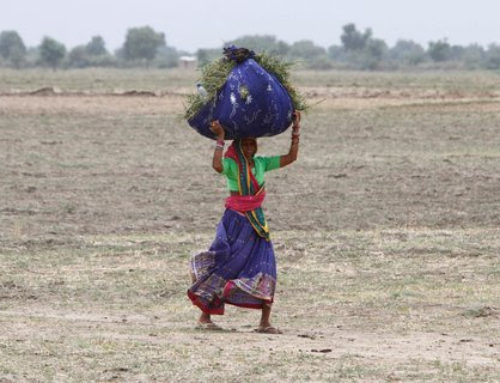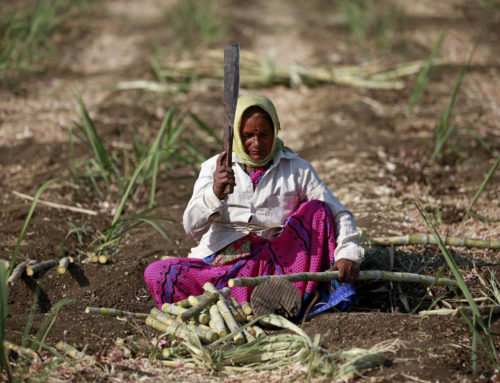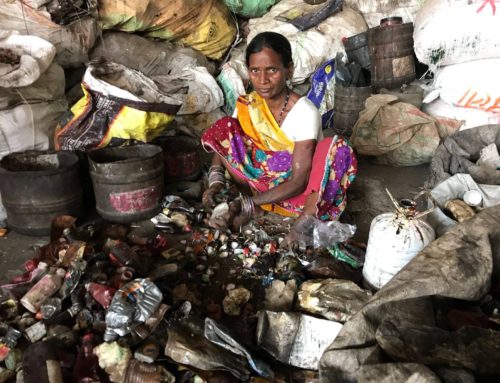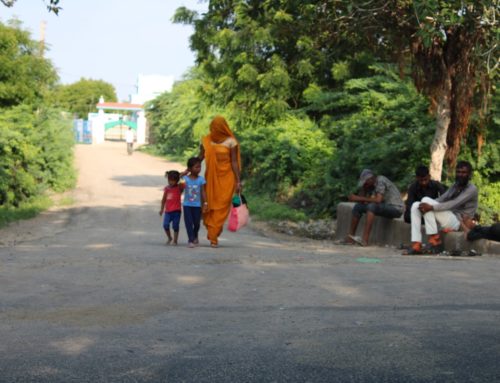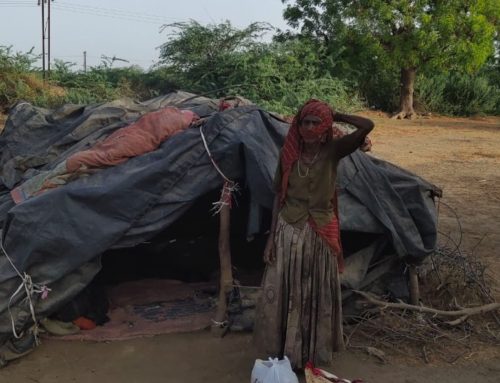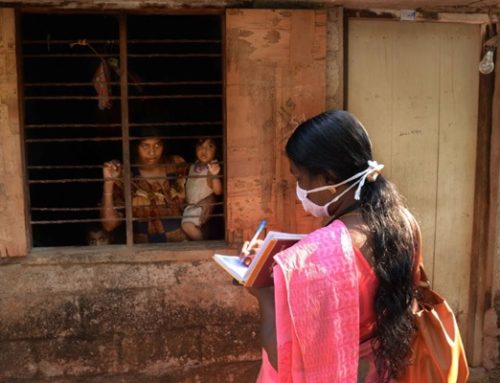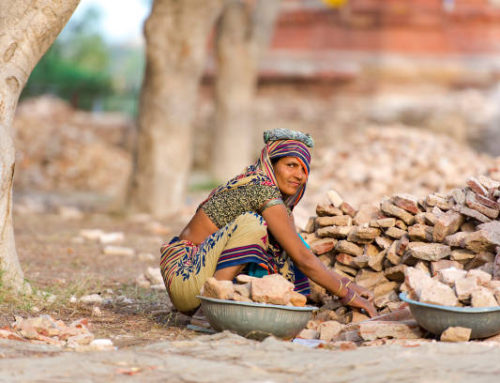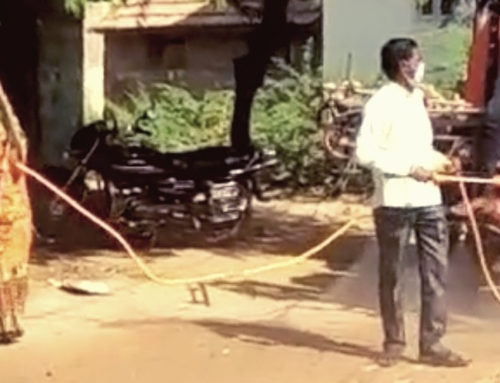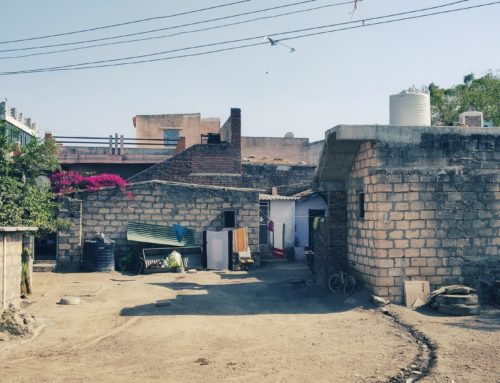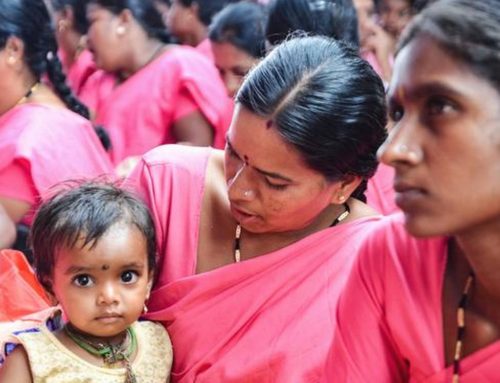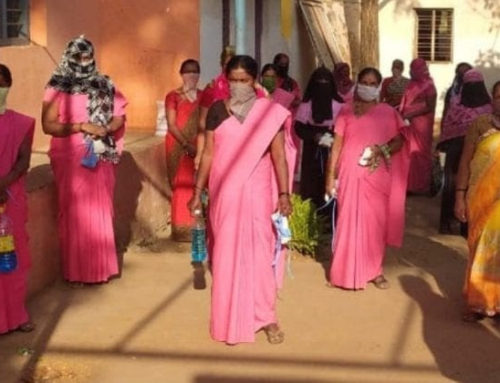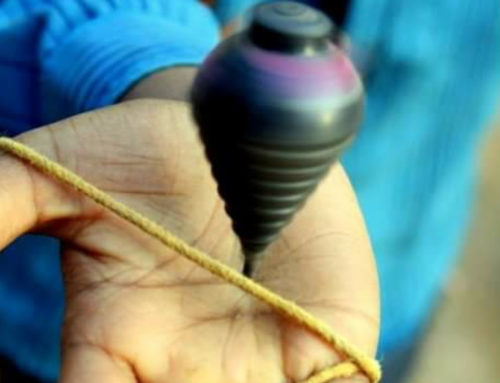Jyoti is a 37 year old – a single mother and a survivor of domestic violence from a village in Patan district, Gujarat. She recently, after a long battle, got divorced in November, 2019. She has filed for a maintenance case through the Mahila Sahayata Kendra at Dharpur after facing severe abuse at the hands of her partner and her in-laws.
After her separation, she took up a job as a cleaner at the court to provide for herself and her 12 year old son. Her job got her Rs.200 per day, 25% of which she spent on her daily commute to and from work.
The lockdown rendered Jyoti jobless and at the mercy of Government measures/ other bodies to provide for her family. However, when she was offered ration by a local NGO, her brother-in-law, who lives in the same village, created havoc saying she and her son did not require any financial aid since her husband was still alive.
Jyoti’s ration card and other identifying documents are with her husband in Ahmedabad which makes her ineligible for ration from the PDS shop. Jyoti’s case plea for maintenance for herself and her son is pending since courts are not functioning because of lockdown.
To make ends meet, Jyoti has taken up work in a nearby tobacco farm which brings her Rs. 100 per day as wages. The constant exposure to the strong smell of tobacco leaves her feeling nauseous and with severe headaches but she has no choice but to walk 3 kilometers each day and do her job even while the country remains shut.
India’s Shadow Pandemic
Domestic Violence has been recognised globally as a shadow pandemic within the COVID 19 crisis. Movement restrictions aimed at containing the spread of the virus have made the home a more violent place for countless women and children living in situations of domestic violence.
It has also increased the distress of survivors, many of who have cases pending in the court or need emergency injunctions. Civil Society organizations and women’s groups are providing psychosocial support, but they are not able to do much else, as a lot of state-run support services for domestic violence victims are not fully functional at the moment
The normalization of not treating women as equals leads to a host of allied issues which are only getting magnified now. While we were able to brush these under the carpet before, the results of our mistakes are now surfacing in the current situation. Hopefully, the focused discussion around domestic violence now will facilitate shift in gears and uptake of the issue in a more holistic manner by the government, law enforcement and health care systems.


